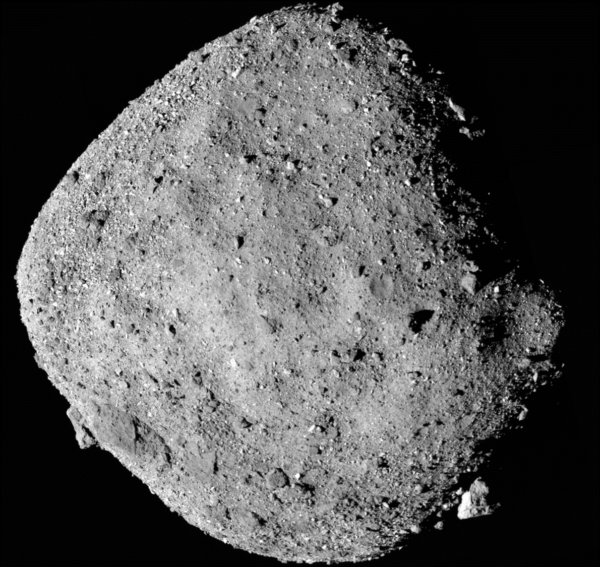
Scientists are now inspecting snagged, bagged and tagged bits and pieces from asteroid Bennu, the cosmic mother lode delivered by NASA’s Origins, Spectral Interpretation, Resource Identification and Security — Regolith Explorer mission.
Known in acronymic astro-speak as OSIRIS-REx, that seven-year-long voyage brought home the goods via a sample return canister that came to full stop on Sept. 24, 2023, parachuting into a remote stretch of the Department of Defense’s Utah Test and Training Range. Those specimens from afar are believed to contain the leftovers from the formation of the solar system 4.5 billion years ago.
OSIRIS-REx samples have a phosphate crust never seen before in meteorites. These high concentrations of phosphate have been detected in extraterrestrial ocean worlds, he said. For instance, Saturn’s moon Enceladus contains phosphates, a key building block of life and at levels much higher than Earth’s oceans. “Asteroid Bennu may be a fragment of an ancient ocean world. That’s still highly speculative. But it’s the best lead I have right now to explain the origin of that material,” University of Arizona’s Dante Lauretta said.
“Writer Fuel” is a series of cool real-world stories that might inspire your little writer heart. Check out our Writer Fuel page on the LimFic blog for more inspiration.

